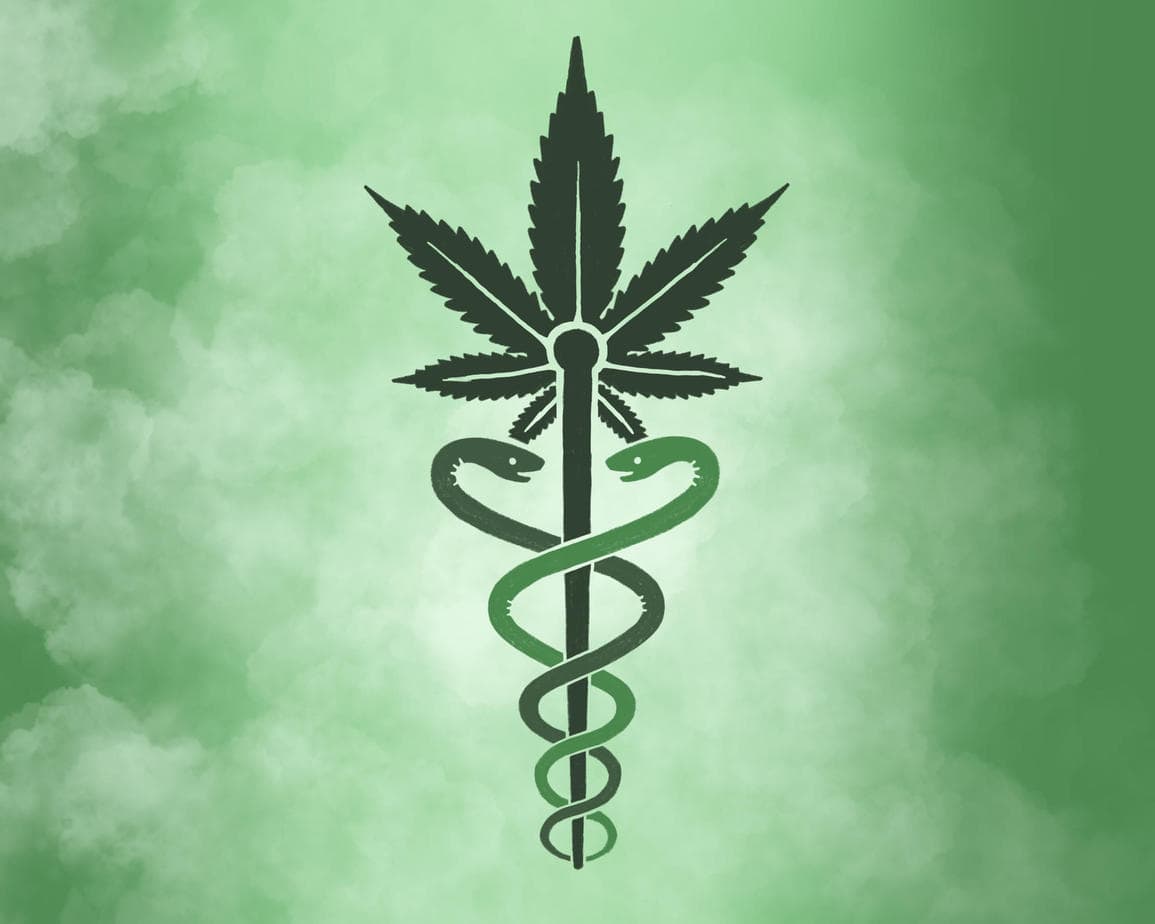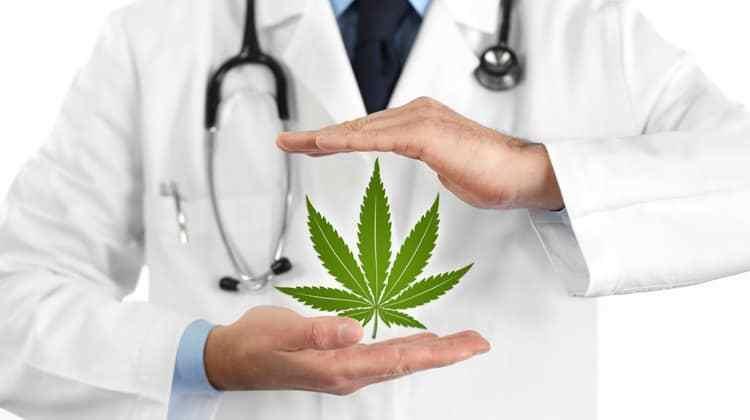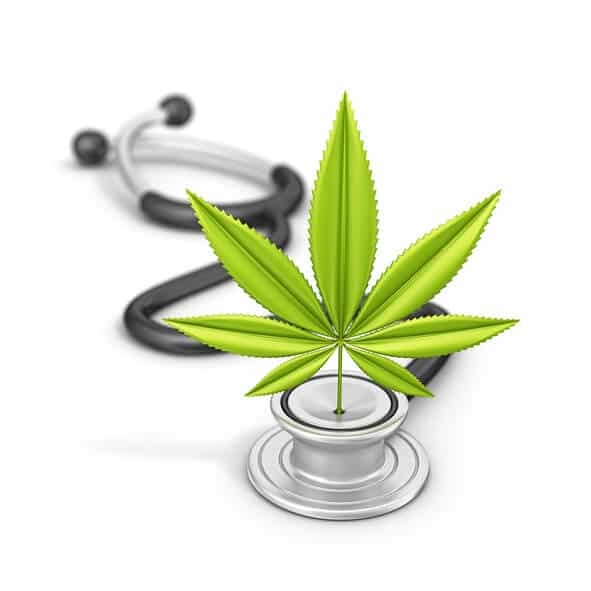Shedding Light on What Medical Marijuana Can Heal: a Thorough Analysis of Its Healing Residences
In recent years, there has actually been an expanding passion in the therapeutic potential of clinical marijuana. While unscientific proof abounds, an extensive evaluation of the scientific information regarding the effectiveness of medical cannabis in treating these conditions is required.
Chronic Pain Monitoring
Persistent discomfort management remains an essential aspect of healthcare, demanding an extensive technique for efficient treatment. In recent times, medical cannabis has emerged as a possible restorative alternative for people experiencing persistent pain conditions. The endocannabinoid system, which plays an important role in discomfort inflection, has been targeted by cannabis-based treatments to relieve signs and symptoms and enhance quality of life for people.

Furthermore, medical cannabis supplies an appealing choice for individuals that experience excruciating negative effects from typical pain drugs. Its ability to attend to discomfort with a different mechanism makes it a beneficial enhancement to the arsenal of therapies available for persistent pain administration.
Epilepsy Therapy Potential
Clinical marijuana has actually revealed encouraging potential in the therapy of epilepsy, providing an unique healing method for managing seizures in clients. Epilepsy is a neurological problem defined by recurring seizures, influencing individuals of all ages. Typical treatments for epilepsy consist of antiepileptic drugs, however these medicines might not be effective for all people and can have considerable side impacts.
Study on the use of medical marijuana for epilepsy has exposed encouraging outcomes. Cannabidiol (CBD), a non-psychoactive compound discovered in marijuana, has actually been particularly highlighted for its anticonvulsant residential or commercial properties. Researches have actually revealed that CBD can reduce the frequency and extent of seizures in individuals with treatment-resistant forms of epilepsy, such as Dravet disorder and Lennox-Gastaut disorder.
Furthermore, the FDA has actually authorized a CBD-based medication, Epidiolex, for the treatment of seizures related to these serious kinds of epilepsy. This landmark highlights the expanding acknowledgment of clinical marijuana as a beneficial restorative choice for handling epilepsy and offers wish for individuals that have not reacted well to traditional treatments.
Queasiness Alleviation Perks
The relief of nausea or vomiting via making use of marijuana has been significantly acknowledged for its therapeutic benefits in various medical problems. Queasiness and throwing up prevail signs experienced by individuals going through chemotherapy, those with stomach disorders, and people with persistent pain conditions. Medical cannabis, with its active substances such as THC and CBD, has actually shown assurance in providing remedy for nausea.

Additionally, medical cannabis offers an all-natural option for individuals that do not respond well to typical anti-nausea drugs or that experience serious negative effects from these medications. Individuals going through chemotherapy, in particular, have reported substantial enhancements in their quality of life when utilizing marijuana my response to handle nausea. As study in this field proceeds to expand, clinical cannabis is progressively being considered as a valuable choice for nausea relief in various medical setups.
Stress And Anxiety Reduction Results
Studies have actually demonstrated the capacity of marijuana in reducing anxiousness signs and symptoms with its communication with the endocannabinoid system. The endocannabinoid system plays an important role in regulating feelings, consisting of stress and anxiety, by maintaining homeostasis in the body. Cannabinoids in marijuana, such as THC and CBD, interact with the endocannabinoid receptors in the mind, especially the CB1 and CB2 receptors, to modulate anxiety-related feedbacks.

Clients with problems like generalized anxiousness problem (GAD), social anxiety problem, and post-traumatic stress and anxiety problem (PTSD) may gain from the anxiolytic buildings of marijuana (Medical Cannabis Doctor). Nonetheless, further research study is required to figure out optimal dosages, shipment methods, and long-lasting impacts on stress and anxiety monitoring.
Prospective for Swelling Control
With its well-known anti-inflammatory buildings, cannabis has shown assurance in possibly controlling inflammation within the body. Swelling is the body's natural response to injury or infection, but when it comes to be persistent, it can contribute to different illness such as arthritis, inflammatory digestive tract condition, and even cardiovascular disease. Study suggests that the cannabinoids located in marijuana, such as THC and CBD, can help lower and control the immune reaction inflammation.
Studies have shown that cannabis can engage with the endocannabinoid system, which plays an important function in managing inflammation. By targeting the cannabinoid receptors, marijuana compounds can modulate the immune reaction, bring about a reduction in swelling levels. This makes cannabis a possible candidate for handling inflammatory problems where standard therapies have actually fallen short.
Additionally, cannabis-derived products like CBD oil sites have actually gotten popularity for their anti-inflammatory homes, with many people using them as a natural remedy for conditions related to inflammation. While more study is required to fully comprehend the devices behind cannabis's anti-inflammatory effects, present searchings for reveal encouraging outcomes for the possible usage of clinical marijuana in regulating inflammation.
Final Thought
To conclude, clinical marijuana has revealed encouraging therapeutic homes in taking care of chronic discomfort, treating epilepsy, easing queasiness, reducing anxiousness, and managing swelling. Its possible advantages in different clinical conditions highlight the relevance of further research study and expedition into its medicinal use. The proof recommends that over here medical cannabis can be a valuable choice treatment option for people seeking remedy for a series of conditions and signs.
In current years, clinical marijuana has actually arised as a potential healing option for individuals enduring from persistent discomfort problems.Clinical cannabis has actually revealed promising capacity in the therapy of epilepsy, supplying a novel healing approach for handling seizures in patients. As research in this area continues to grow, medical cannabis is significantly being considered as a useful alternative for queasiness relief in different clinical setups.
In verdict, medical marijuana has actually shown encouraging healing homes in handling persistent discomfort, treating epilepsy, relieving queasiness, decreasing anxiety, and managing swelling. The evidence recommends that clinical cannabis could be a valuable option therapy alternative for clients looking for relief from an array of signs and symptoms and conditions.